VIP PROTECTION: THE MINDSET
By
MARCUS WYNNE[First published in Combat Handguns Magazine, Feb 1997]
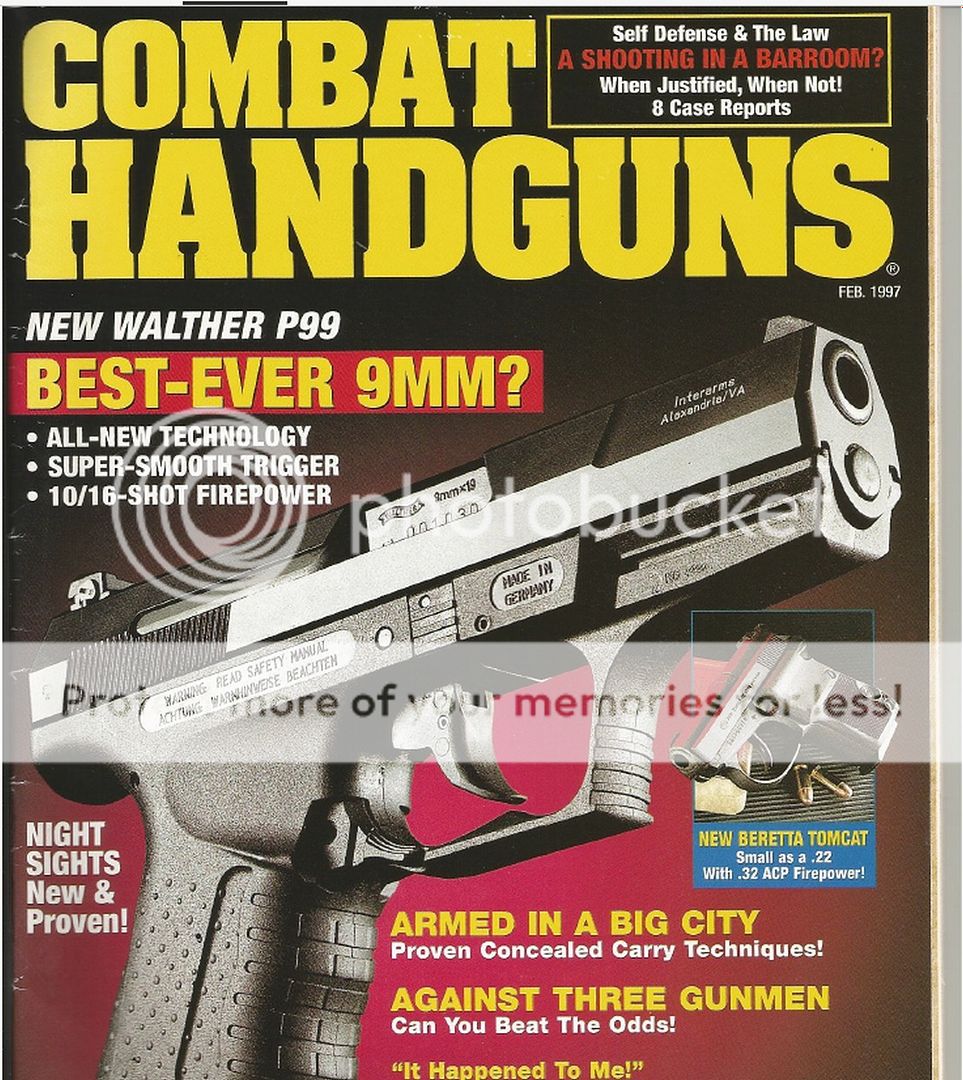
: Dennis, in your training classes you often refer to the "VIP-Protection Mindset" as being the most essential component of training. Could you expand on that?
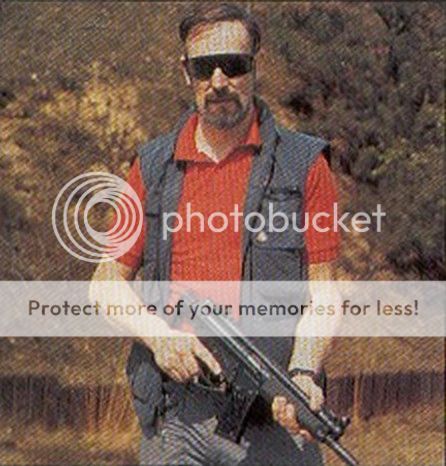 Dennis Martin
Dennis Martin: Mindset is probably the most important component we deal with. If you use the vital pyramid that a lot of people teach, you’ve got mindset or mental conditioning as the base, then tactics, then your basic skills and finally your equipment. Mindset accounts for about 80% of your priority in any high-risk endeavor, the correct mindset is essential. In VIP protection, which is a specialized function within a high-risk profession, here are some particular concerns regarding mindset. The operator must address mindset at the very earliest stage of the training program. This hasn’t been realized very well. Quite often technical skills are installed first, often over a long period of time, before the issue of mindset is addressed. Mental conditioning might be addressed as a lecture, as a separate subject and then forgotten about.
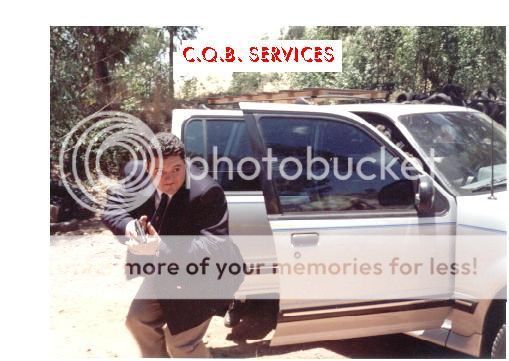
We’ve come around to a point in training where we’re once again aware of the importance of mental conditioning and mental posture, but the emphasis has to be on how to install that in the operator in a way that works in the real world. This is really the cutting edge of training, as you well know from your own developments in the field. Mindset to us in the VIP Protection field is the first and most important thing. We start with the premise that if we have a switched on operator then all the rest of the stuff, the technical skills, tactics etc, become a lot easier to deal with.
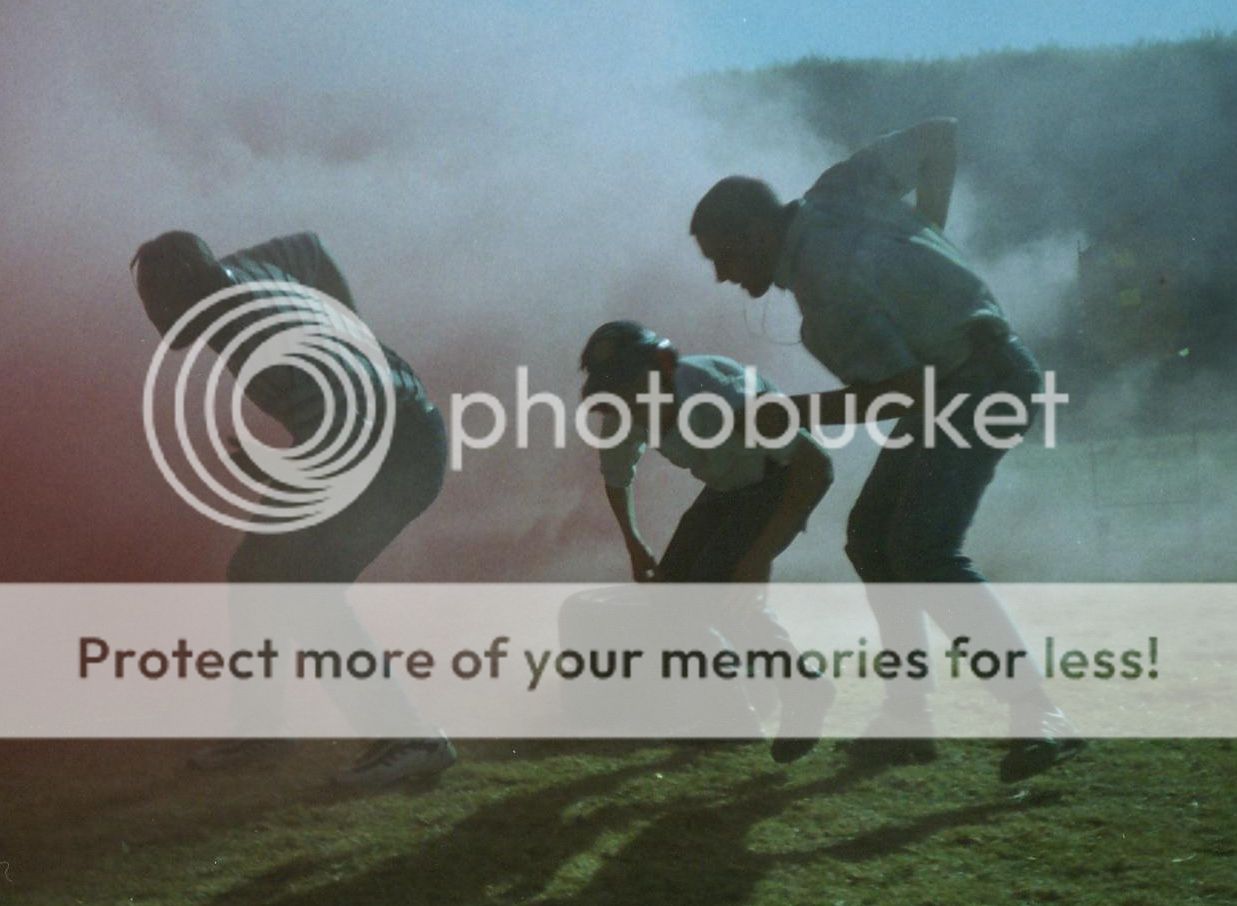
There’s a term I’ve picked up from you Marcus, and your work, “Optimum Fighting State” that describes what we re looking for. I’ve observed a lot of firearms training in various parts of the world. You can graduate as an "expert” in a lot of systems without once ever using or testing your skills while in the state you would be in during an actual confrontation. Now to me these two things must go hand in hand. The first point we want to make is that the fighting state, the mental state, is taught first of all, then continues to be reinforced with the technical skills.
Combat Handguns: What are some of the characteristics that define the VIP protection mindset?
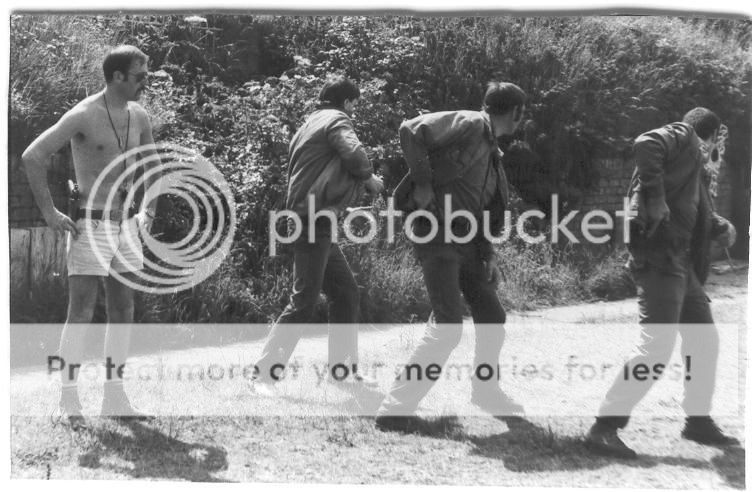 [Den supervising range training, 1985]Dennis Martin
[Den supervising range training, 1985]Dennis Martin: One of the things with VIP protection is that it requires a total re-orientation from the normal way of doing things, it’s not self-protection. Most high-risk training is about how to protect yourself, and VIP protection is about protecting someone else. You have to be trained to do that, because getting in the way of trouble-especially a bullet-is unnatural. Most defensive tactics and systems build on your innate sense of self-preservation, your instinctive drive to protect yourself. In VIP protection you have to break that and put yourself ill the way of trouble. That’s re-orientation! For example, in a foot ambush drill, the priority is to physically shield the VIP with your body. Therefore, the bodyguard is even more motivated than ever to pick up the signs of trouble, to use their alertness and avoid trouble. Instead of looking for trouble so we can solve it, by arrest or shooting or whatever, we look for trouble so we can avoid it. It's an avoidance drill. If we fight, we've failed, basically. You're better off avoiding trouble. You're not going to win your Rolex by dragging your VIP through a series of firefights.
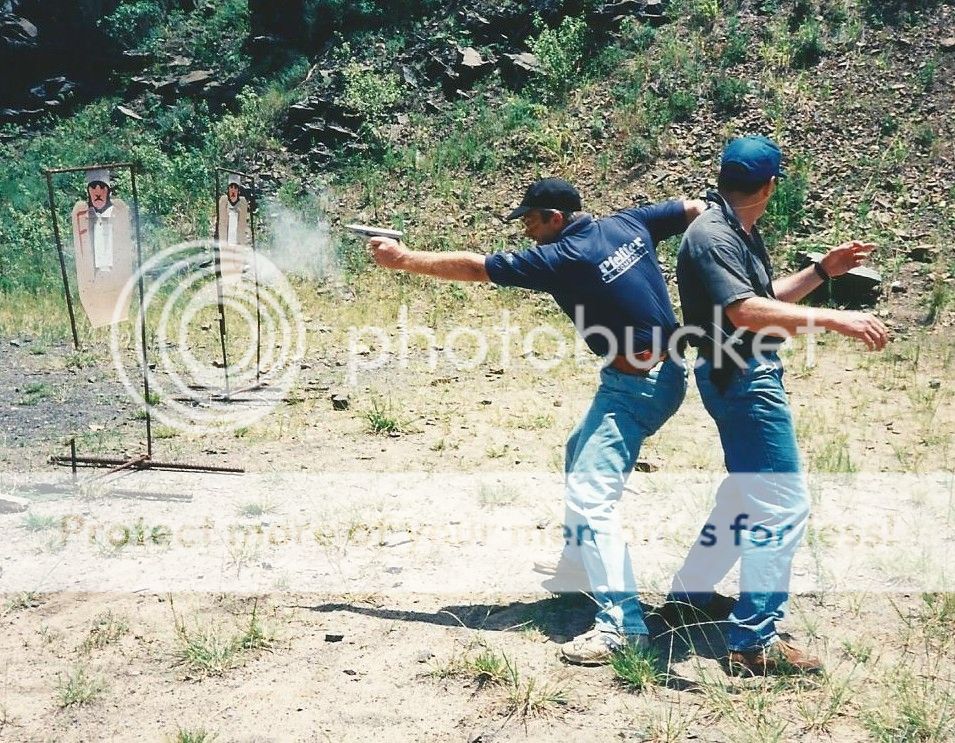
The skill of the bodyguard is first in advance preparation, using an intelligence network and information gathering procedure, and using his observational skills to make the appropriate decisions. You have to have won the confidence of the VIP to the point where he will accept your advice to re-route, to re-direct, to cancel, whatever. So it's an avoidance mindset, rather than the aggressive attack mindset you might get in the military, or a pro-active police apprehension response. We don't arrest people. Our priority is to protect the VIP
Another thing is, while we're on the job, we build tremendous team integrity. But if one of the team members is engaged, he's going to be on his own and the rest of us are going to be covering and evacuating the VIP That's the priority, shield the VIP even if a man goes down, you've got to move the VIP That's a tough thing to instill in people who work and train together, who are probably good friends, maybe come from the same regiment-to leave your partner and protect this guy who may be a complete stranger to you. A guy you might not even like
Combat Handguns: What are some of the other differences between the VIP mindset and those of the military and police?
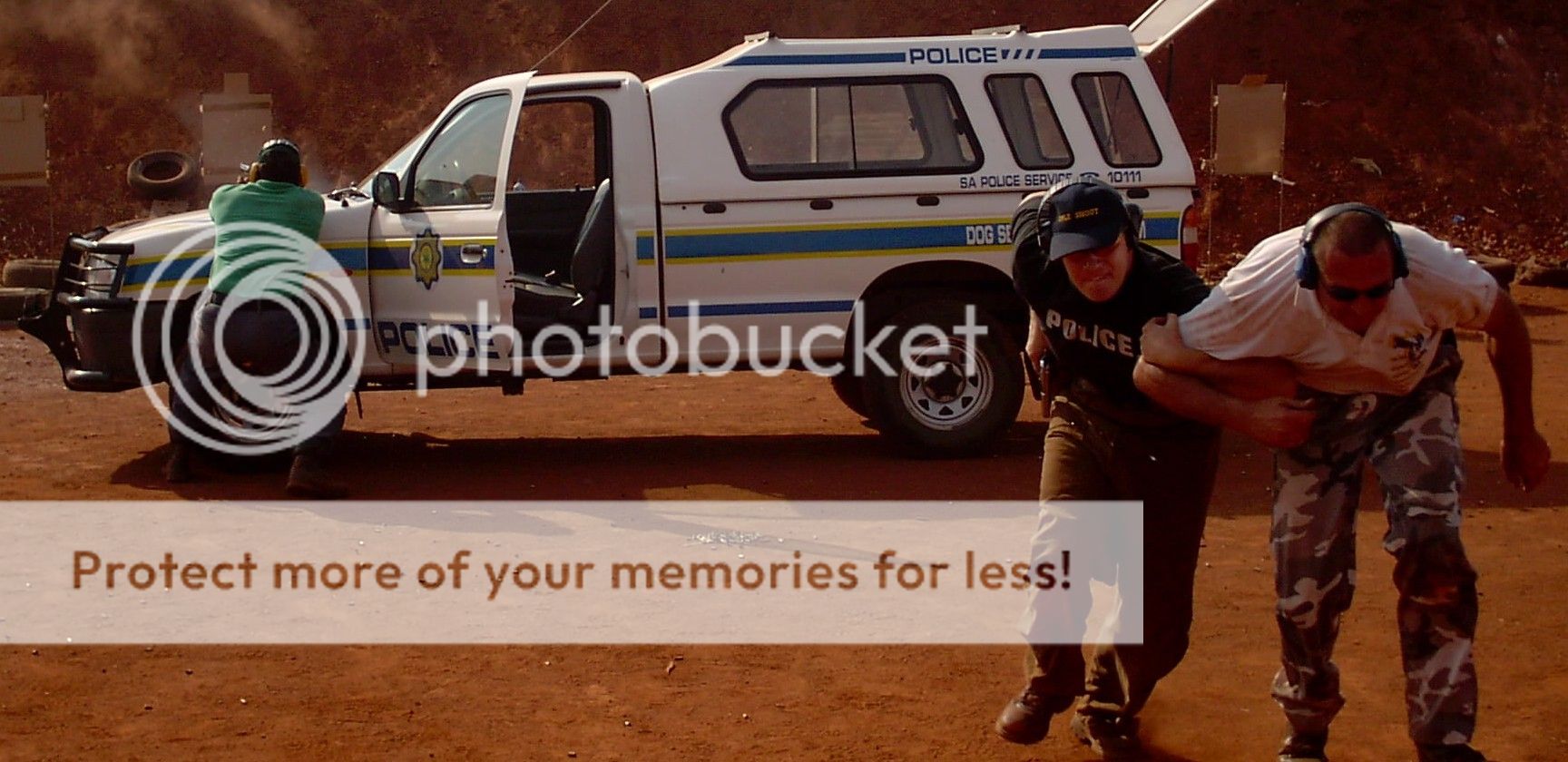 Dennis Martin:
Dennis Martin: All those jobs have their own specific problems. If you say police, are we talking about routine uniform patrol, or SWAT, or an undercover officer? There are specific mindset problems for each of those. The military can cover the same kind of broad spectrum. Some of the things from those various areas apply to the VIP Protection task. It's not a police or military mindset, it’s a bit of both, really.
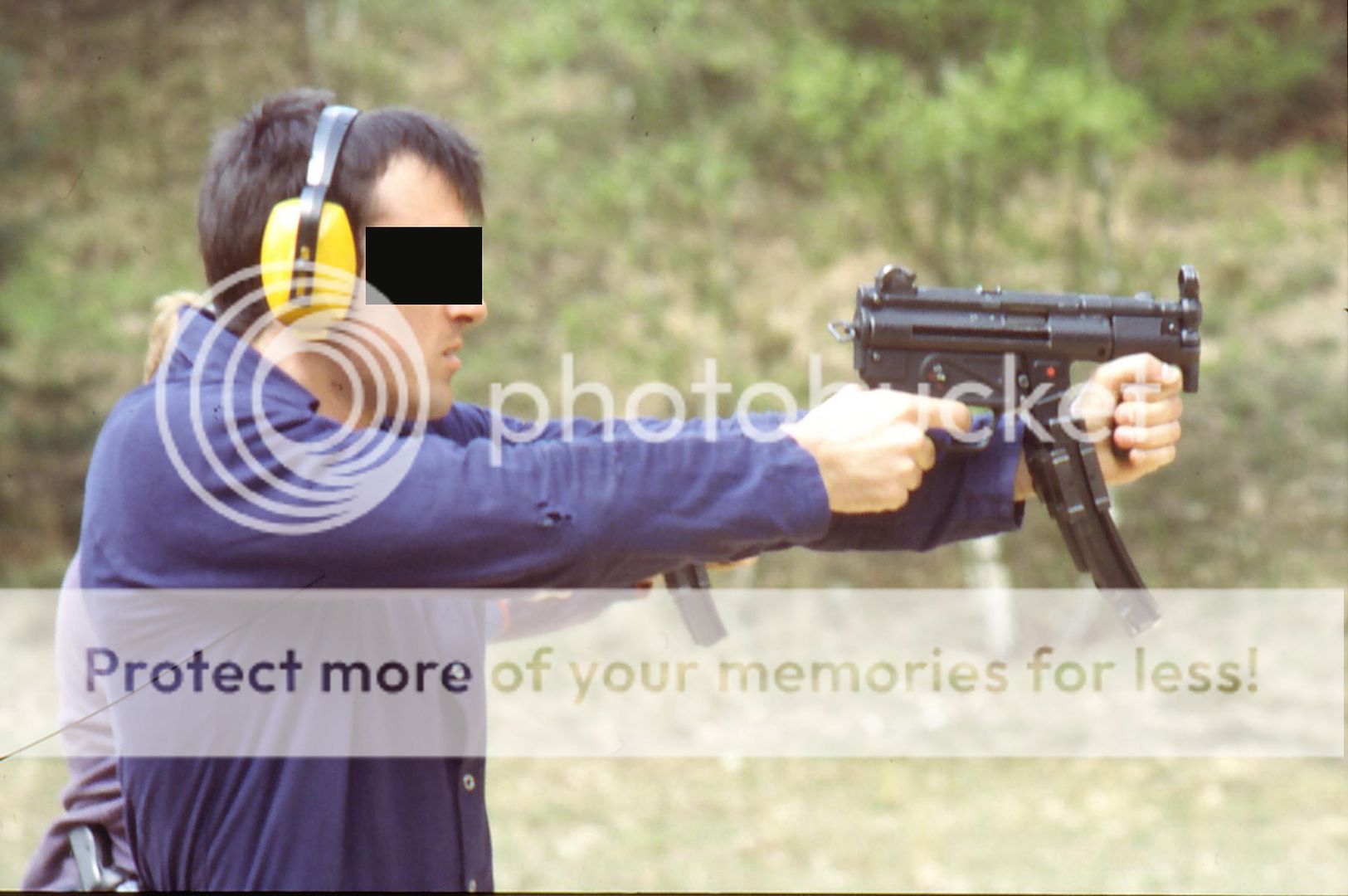 [Military close-protection training]
[Military close-protection training] One area I might mention is the use of the Colour Code, which as far as I know was first presented by Colonel Jeff Cooper, and has since been taught, sometimes with changes, by a number of organizations. One addition I recommend for VIP protection is in Condition Yellow, which is the state of relaxed alertness. We've found that when you're actually working a VIP on a high-threat detail you've got to have a hotter yellow. We call it "Yellow Alpha." We turn the radar on a little more strongly than we would if it were just an armed civilian out in public or a uniformed patrol officer.
It's still distinct from Condition Orange, which is a specific threat and you're zeroed in on something you've noticed in your environment. It's still Yellow, just hotter.
Another area is operational stress, where you go for long periods of time working on a VIP detail or possibly by yourself. You work long hours with periods of intense activity, coupled with 90% boring routine and 10% fast moving activity. How do you manage that and still stay alert? Boredom is a trap for the operator, to lull you into a false sense of security. Quite often the switched-on guys we get, ex-military spec ops and police who are full of skills, find the boring and routine aspect of protection work to be their downfall. We need people who are able to switch on and be highly skilled and still manage the mundanity and the boredom without losing their edge.
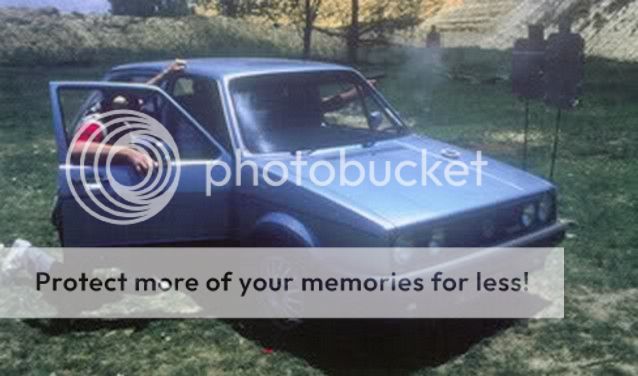
That's a challenge. It's one of the first things we watch for when we get somebody new on the job. How do they manage the boring routine? Do they let their standards drop? It's no good to have a guy be the most fearsome martial arts and combat shooter if he daydreams on the job or if he wanders off to get a cup of coffee because he's bored with standing outside a door.
Travel is another element of that. Even on the biggest, most prestigious international teams, there are never enough guys to do all that needs to be done. You're on duty before the move, you're covering the VIP during the movement or travel, and you're on duty when you arrive, and you're on call when you're not on shift. Travel alone is tiring, especially if you start throwing in cultural differences. You need a special mindset for that.
Combat Handguns: In your training programs, you encounter everyone from ex-SAS calibre operators to private security personnel, even flight attendants. What kind of techniques or approaches do you use to train the appropriate mindset?
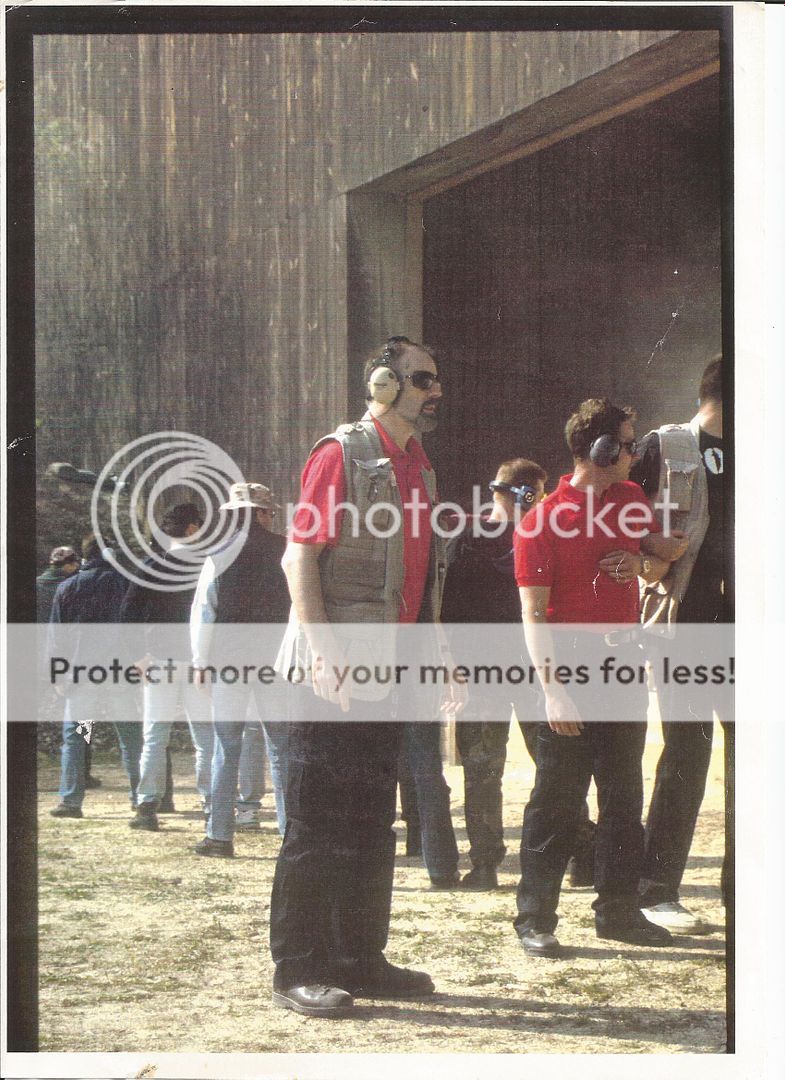 Dennis Martin:
Dennis Martin: Some people have already got a very highly cultivated sense of awareness. They're already what we call "switched on." In other people you have to bring it out. To some extent it's a personal quality, and it's not always job specific. We've found some very switched-on people who come from quite ordinary backgrounds ...it's like a vein of gold in them.
One method is an old concept that dates back to samurai days and was used by our SOE and your OSS during World War II training of behind-the-lines operators. That is, during training, to have them respond to random, sudden surprise attacks at any time. It might even occur in their sleeping quarters; a member of staff might burst in and provide a threat. We do that, in a controlled way, on our courses. We have a certain code word for an attack and everyone must respond to that. It can come at anytime, even when they're on break and having their tea. That exercise helps to develop the spontaneous ability to react and ensures that their mental alertness is high at all times. Of course, that training method can be used not only for the bodyguard, but for anybody.
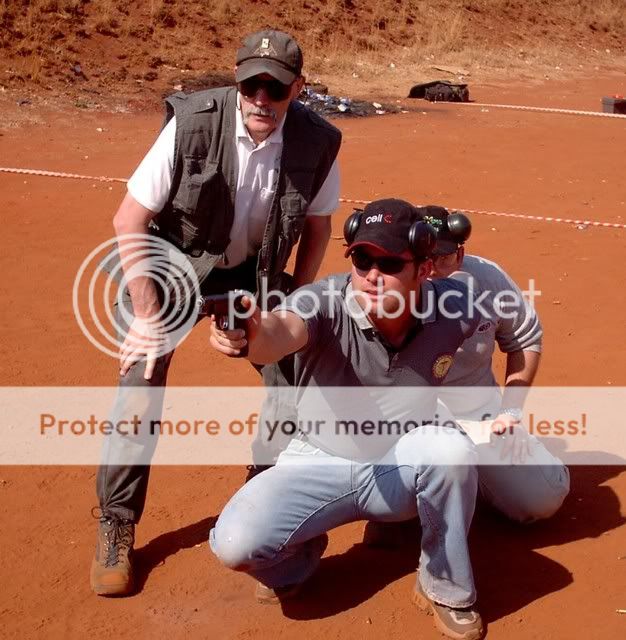
Another way is during skills training. Skill training should be done with a high level of mental intensity and focus. I don't mean scream and shout at the guys, skills are better learned in a calm manner, but the skills must then be tested and assessed in very realistic simulations. This area has come to the forefront with the recent developments in equipment, like
Simunitions, the
FIST and
REDMAN suits
. We can now [using your favourite term] create high-fidelity simulations. We can scenario everything, so that we're no longer doing static range or gym exercises. We take the guys out and put them through bodyguard scenarios, with full-out attacks and so on. It trains them to respond to an attack in a very realistic fashion and develops the mental side at the same time.
Combat Handguns: What kind of advice would you give the readers who'd like to develop that mindset in themselves?
Dennis Martin: The thing about developing the appropriate mental posture is that unlike the detailed physical skills of shooting or close quarter combat, you can pick it up really quickly. The mental side is something you can learn in a short period of time, if you're motivated. It's an attitudinal thing.
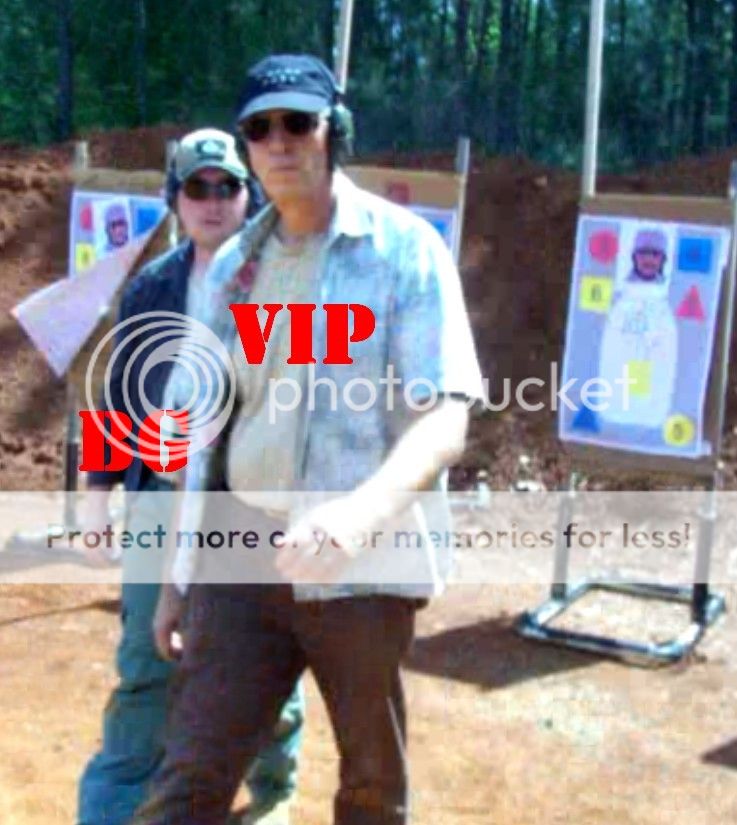
One way is to practice daily a few simple things. When you're out on the street or driving your car, you can take a few minutes to notice what your level of awareness is at different times of the day. You could set your wristwatch alarm to go off every hour or so, and when it does, pay attention to what your awareness is at that moment. You can use the Colour Code: are you in Yellow? or White? or Orange? If you're armed, or out in an area where you are subject to potential threat, are you noticing and clocking any potential threats? Who's behind you, who's beside you, who's checking you out? Are you tuned into the environment?
One thing you notice when you really start working on your awareness is when other people are similarly aware. The great mass of people go around lost in thought and in their own little world. Some people stand out because they're not in their little world. Some of them are predators. You'll spot the predators because they are more aware than the other people. That's how cops spot each other, even off-duty in plain clothes. It's amazing how it all starts to stand out when you start working on your awareness.

Some drills I like to use are to clock whether people are armed with guns or knives or what not. If you're in a society where people carry lots of weapons, like South Africa or Detroit, can you gauge whether someone is carrying a weapon or not? If so, what kind of weapon and where? Can you pick up the subtle body language indications of someone who is armed versus someone who is unarmed? You can also go around while working on your awareness and evaluate cover/concealment opportunities. It's interesting that in our scenarios, the operators always seem to end up behind cover they didn't seem to notice before things kicked off. If you train properly, your subconscious mind is always going to be assessing cover.
Combat Handguns: Any parting comments or observations about training for mental conditioning?
Dennis Martin: I'd like to quote a good friend of mine. He's an operator with the French government. He says, "The aim of training is that we perform reasonably well under extreme stress, rather than extremely well under reasonable stress." I think that's an important point to remember for anybody in our business.
Combat Handguns: Dennis, thank you for your time and thoughts.
